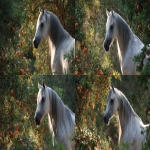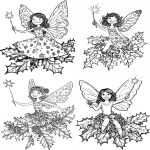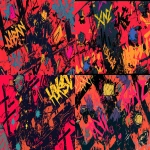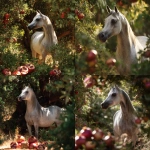Explore the Best AI Image Gallery
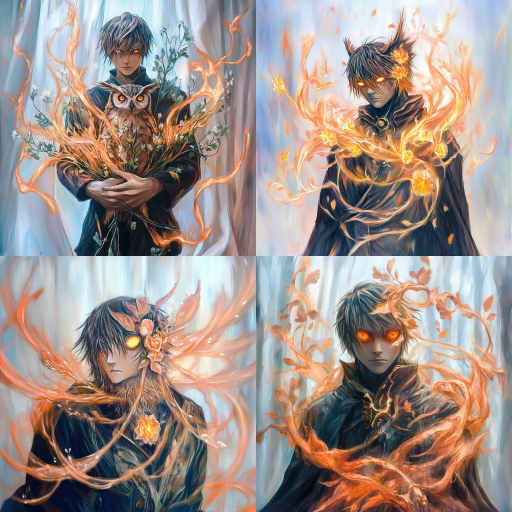
A Glimpse into the Future: AI's Role in Transforming Visual Creativity
The emergence of artificial intelligence (AI) has made a transformative impact on the creative sphere, primarily visual art. This blog post will delve into how AI image creation tools are changing the dynamics of creativity, sparking ethical debates, and foreshadowing fascinating trends in the future.
AI as an Emerging Game-Changer in Creativity
Increasingly, artists and creators are leveraging AI's potential to push the boundaries of human imagination. Apart from assisting in creating digital artwork, AI tools can automate tedious tasks, stimulate innovative ideas, and help artists understand and predict audience reactions. As AI progresses, these tools will become more intuitive and sophisticated, further enhancing the creative process.
Potential Uses of AI Image Creation Tools
While the potential uses are virtually boundless, some have gained prominence. For instance, in design, AI can automate the creation of templates, logos, and promotional materials. In filmmaking, AI can generate storyboards and visual effects. Moreover, AI tools can also create deepfakes, artificial photos, videos, or audio recordings that seem almost real, presenting uncharted opportunities, and challenges.
Ethical Considerations around AI in Creativity
As AI gains momentum, it also ignites ethical concerns. This is particularly applicable to deepfakes that can manipulate reality to deceive, posing substantial societal risks. Meanwhile, copyright issues emerge as AI-generated artworks lack a legal framework, initiating debates around 'who is the real creator, the human or the machine?'.
The Future of AI in Visual Creativity
Going forward, the fusion of human intelligence and AI will shape the future of visual creativity. We will witness more personalized content, as AI will analyze large datasets to create personalized recommendations. Also, the rise of AI-powered Virtual Reality (VR) and Augmented Reality (AR) tools will redefine interactive experiences, transforming the way we explore art and entertainment.
In conclusion, AI image creation tools, though nascent, are revolutionizing visual creativity, promising unprecedented opportunities and challenges. As we embrace these tools, balancing the positives while managing ethical considerations, will be critical in shaping a conducive AI-enabled creative ecosystem.




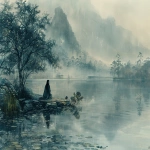
](https://images.ai-img.art/thumbnails/150/4dfe5499f7f4f9e5aa1613199c58710634f2cba5f57ac7e6717c1d56a9864e1a.webp)
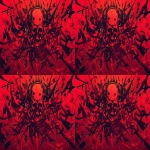
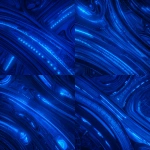
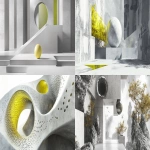
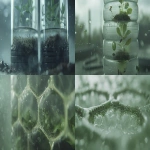
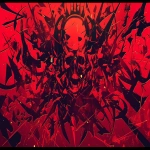
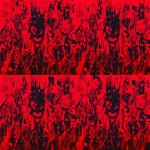
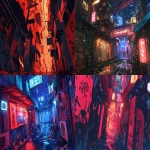

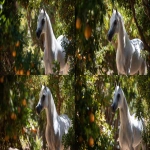

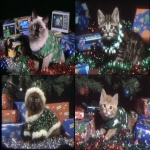
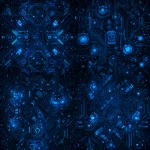
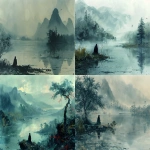
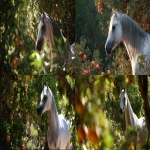

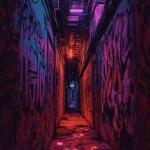
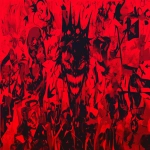
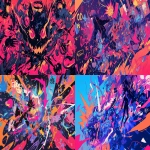
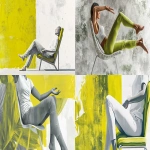
](https://images.ai-img.art/thumbnails/150/e407417f3921a9491278afc6484ec26f3ae374d4543e1a56898e8bcb1e41a0da.webp)

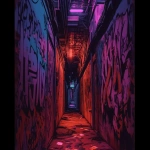
](https://images.ai-img.art/thumbnails/150/56d08b81b5991eca46f50c80b41db4e9ac06c775cbbf5138ea0734d93390316a.webp)
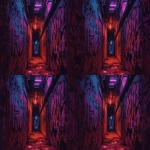
](https://images.ai-img.art/thumbnails/150/baf01e7f997f5bc030aa10831575d8b879a4a6755830df4bcd3dcc93346ef1dd.webp)
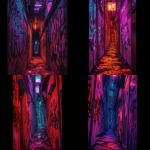
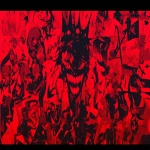
](https://images.ai-img.art/thumbnails/150/ed631f35091268316da1950d8f24949cf71c41220d75ddecc89232e1c28f3653.webp)
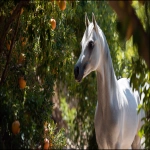


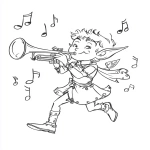
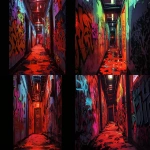
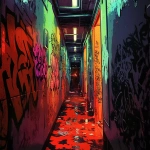

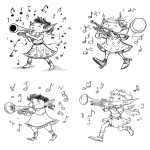


](https://images.ai-img.art/thumbnails/150/fd852e87169bf2f63982b31f7f16a8fa335d75d9536fd48c2b87c7d4b035fa7c.webp)
